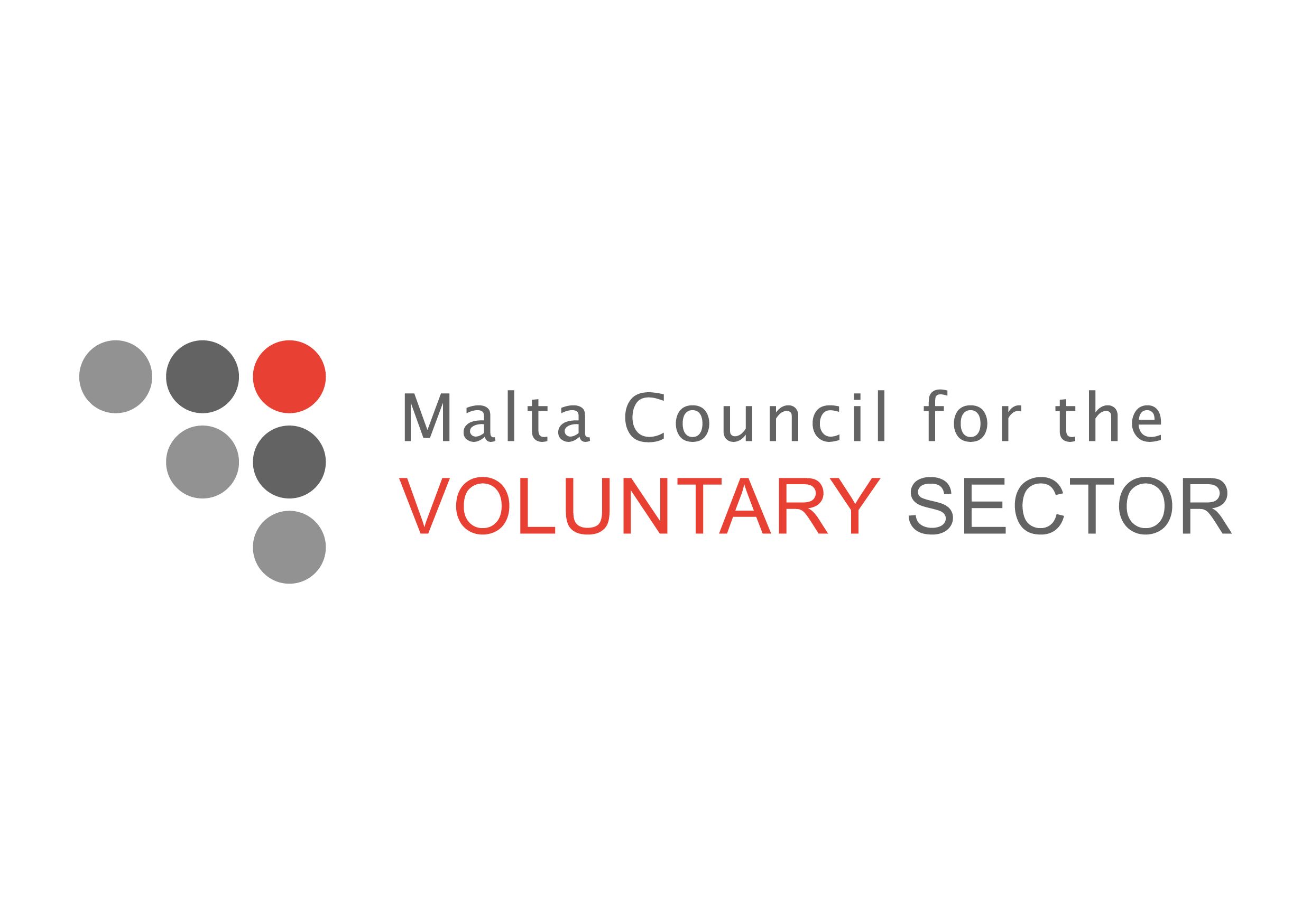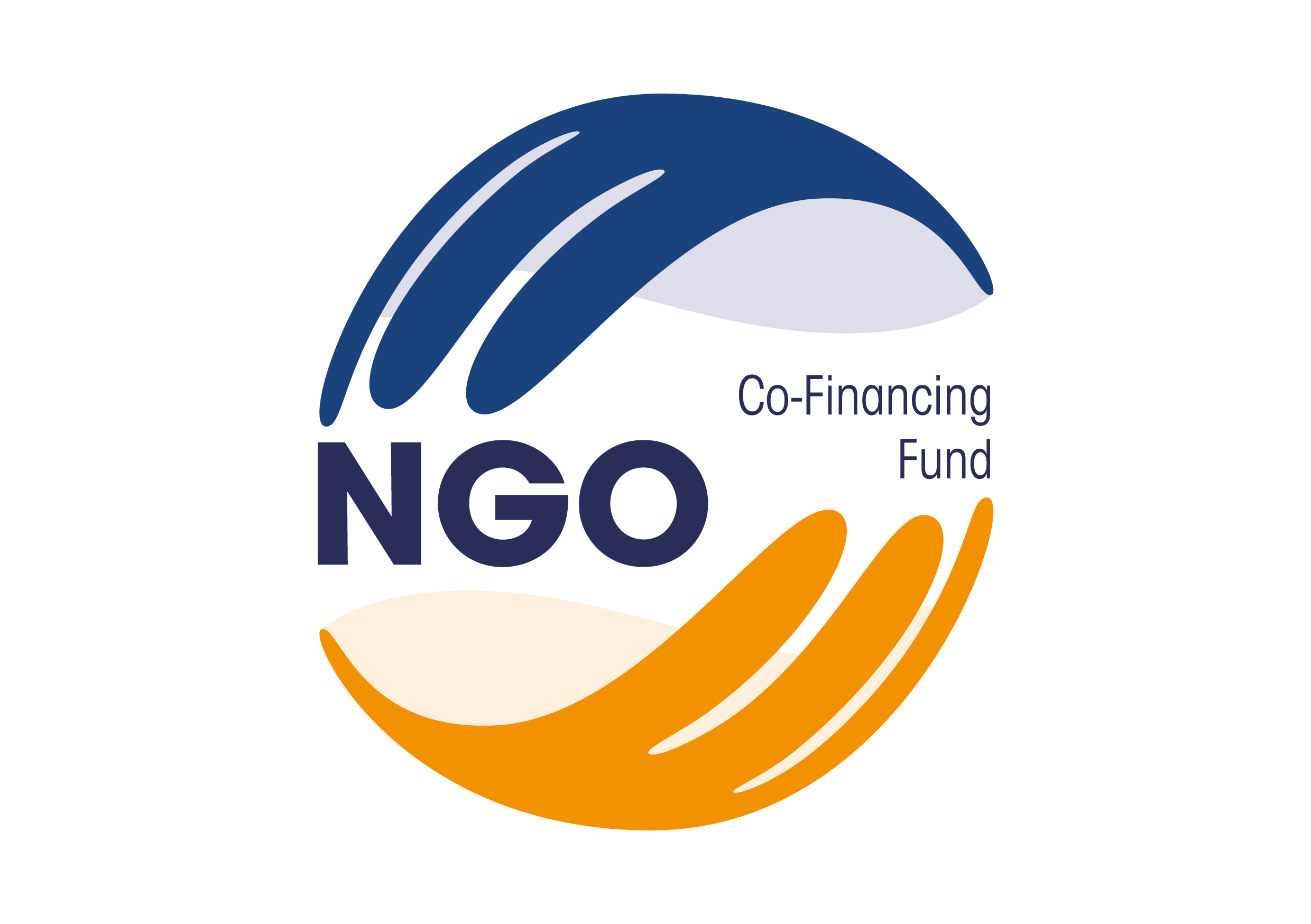Project Overview
The project will provide support services to persons who are encountering difficulties in securing updated and accurate documentation. Our input will identify the personal or institutional obstacles preventing persons from being appropriately documented, and intervene in order to remove these obstacles through targeted personal support.
As part of the project, and in order to have an impact on institutional/structural elements, we will also produce consultation-based research on the relationship between (lack of) personal documentation and social exclusion/employability.
Background
Access to employment, social services, education and other services essential to a dignified life are based on the assumption that a person is in possession of personal documents, or a personal document, that correctly displays the person’s information and that – in some form or other – attests to the person’s legal status.
In a regular and straightforward situation, one would rely on one’s Identity Card in order to confirm to service- providers (governmental, non-governmental and private entities) one’s identity composed of name, surname, date of birth, nationality and other core details.
Yet in situations that somehow are removed from the regular and straightforward, persons are unable to obtain a document attesting their personal details or are in possession of incorrect or incomplete documents.
Project application
These challenges have enormous implications on the person’s level of access to the labour market, support services, educational entities and private services. In the absence of an Identity Card – or in the case of non-Maltese nationals, the Residence Card – problems are encountered with work permits, rent contracts, social security, schools and other educational entities, etc.
The ultimate result of these obstacles is an increased risk of poverty and social exclusion borne of the inability to secure regular and stable employment. Prone to discrimination, exploitation and abuse, undocumented or incorrectly documented persons risk remaining in the legal and social shadows unable to normalise their situations and set on the path of self-sufficiency and self-reliance.
The broader implications are an inability to secure dignified private accommodate, inability to purchase sufficient food and other essentials.
Who are the Project’s beneficiaries?
Our years of experience working with such communities is marked with cycles of homelessness, discrimination, drug and alcohol abuse, human trafficking, sexual exploitation, undignified living conditions, institutionalisation, deteriorating mental health conditions, increased reliance on service-providers, higher risks of domestic and other forms of violence.
In extensive research we undertook in 2016, we identified that migrants and refugees were at a far higher risk of poverty and material deprivation than Maltese nationals, with many trigger factors being the inability to secure regular and stable work that would enable them to live in dignity.
We are keen to underline that our services are not restricted to migrants and refugees and in fact we also provide services to Maltese persons and families facing similar challenges in securing their documents, such as trans and non-binary persons, persons with mental health problems and persons with disabilities. Commonalities amongst these groups – to be further identified and elaborated in our Research are discrimination, administrative delays, incorrect/incomplete application of legal rights, lack of information on entitlements and procedures, inability to engage effectively with public institutions.
How will we address these challenges?
Our support services will be extremely direct and target- oriented: secure correct documentation for our beneficiaries, in order to enable them to become employable in a dignified manner.
The legal information and intervention measures that we offer our beneficiaries will enable them to either pursue documentation on their own, if sufficiently able and empowered to do so, or will intervene with the relevant authorities (e.g. Identity Malta, IPA, Jobsplus, APOGG, Mater Dei, etc.) in order to identify the personal or institutional obstacles to documentation, and intervene to overcome them.
What about evidence-based research?
We will research the relationship documentation=employability, based on data, personal accounts and technical analysis. The research process will also organise 3 consultation multifunctional roundtables bringing together stakeholders working in various areas, in order to ensure a discussion that is not focused exclusively on one particular social reality or community (e.g. LGBTIQ+ issues, migration, disability), but which adopts a truly interactive and horizontal approach to identify those persona, community and institutional trends relating to the relationship documentation=employability.
Follow our project updates




